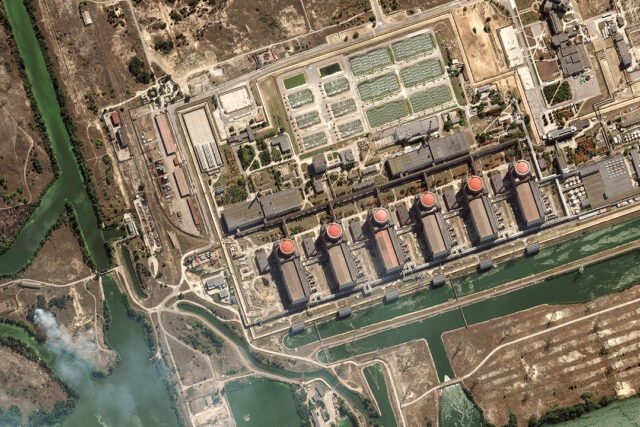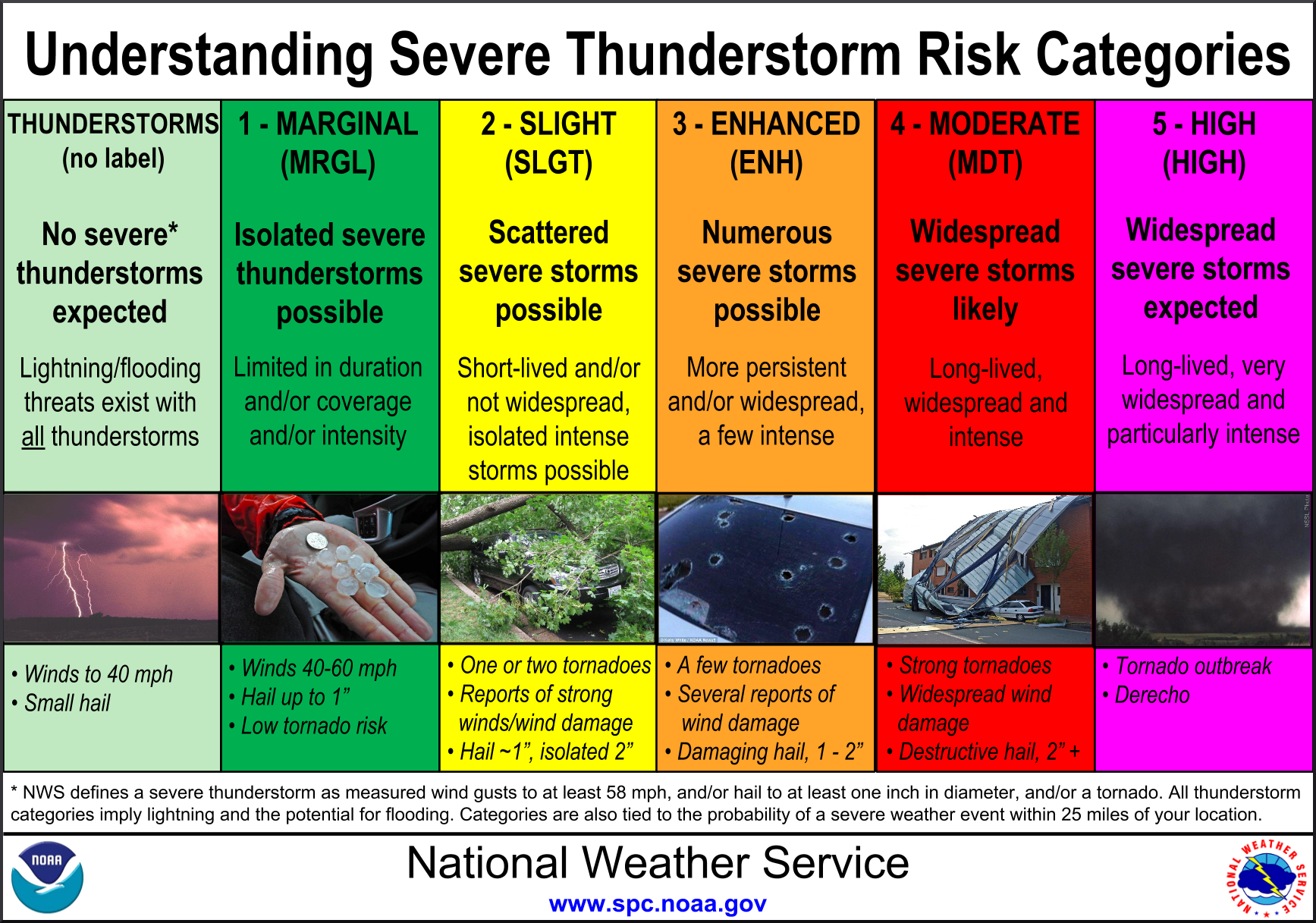Nuclear Power Plant Litigation: A Comprehensive Overview

Table of Contents
Types of Claims in Nuclear Power Plant Litigation
Nuclear power plant litigation encompasses a wide array of legal claims, often stemming from accidents, regulatory violations, or operational issues. Understanding these different claim types is vital for effective legal strategy and defense.
Nuclear Accidents and Personal Injury Claims
Nuclear accidents, even minor ones, can lead to devastating consequences. Claims arising from radiation exposure and subsequent health problems are exceptionally complex. Proving causation – demonstrating a direct link between the exposure and the resulting illness – is a significant hurdle. This often requires expert testimony from radiation specialists, epidemiologists, and medical professionals. Relevant legal precedents, such as those involving Chernobyl and Three Mile Island, heavily influence case outcomes.
- Examples of specific claims:
- Wrongful death
- Personal injury (e.g., radiation sickness, cancer)
- Medical monitoring for future health problems
- Loss of consortium (for spouses of injured parties)
Property Damage Claims
Damage to nearby properties resulting from nuclear accidents or emissions can also give rise to significant litigation. Accidents may cause direct physical damage, while emissions might lead to contamination requiring extensive remediation. Valuing such damage presents unique challenges, requiring specialized appraisal methods that account for factors like contamination levels, decreased property value, and potential health risks.
- Examples of property damage claims:
- Contamination of land and water resources
- Structural damage to buildings
- Economic loss due to business interruption or decreased property value
- Costs associated with cleanup and remediation
Environmental Claims
Nuclear power plant operations can have substantial environmental impacts. Litigation frequently arises from allegations of environmental damage violating federal and state environmental laws. The Clean Water Act, Clean Air Act, and other regulations provide the legal basis for these claims, often involving complex scientific evidence and expert testimony from environmental scientists.
- Examples of environmental claims:
- Water contamination from radioactive discharge
- Air pollution exceeding regulatory limits
- Habitat destruction or disruption of ecosystems
- Violation of environmental permits or licenses
Regulatory Violations and Licensing Disputes
Challenges to operating licenses or regulatory decisions form another significant aspect of nuclear power plant litigation. These cases often involve administrative law procedures and judicial review of agency actions. Parties may challenge permit approvals, enforcement actions, or other regulatory determinations.
- Examples of regulatory violation and licensing disputes:
- Challenges to permit approvals for plant construction or operation
- Appeals of enforcement actions by regulatory agencies (e.g., Nuclear Regulatory Commission (NRC))
- Legal challenges to safety regulations or operational standards
Key Legal Issues in Nuclear Power Plant Litigation
Nuclear power plant litigation presents unique legal challenges, requiring specialized knowledge and expertise.
Strict Liability and Negligence
Strict liability, a legal doctrine holding defendants liable for harm caused by their actions regardless of intent, often applies in nuclear accidents. However, proving negligence – demonstrating a failure to exercise reasonable care – might be necessary to establish the extent of liability. Expert witnesses play a crucial role in establishing both the cause and extent of damages.
Preemption and Federal Jurisdiction
Federal law heavily regulates the nuclear power industry. The Price-Anderson Act, for example, establishes a system of liability and indemnification for nuclear incidents. The concept of preemption – where federal law supersedes state law – is a key consideration, limiting the scope of state-level claims.
Evidence and Discovery
Gathering and presenting evidence in nuclear litigation poses significant challenges. Complex scientific data, expert testimony, and detailed regulatory records are often necessary to establish liability and damages. The discovery process – the exchange of information between parties – can be extensive and costly.
Insurance and Indemnity
Insurance plays a vital role in covering liability for nuclear incidents. The Price-Anderson Act also establishes a system of nuclear indemnity, providing additional financial protection for the public. Understanding the intricacies of these insurance and indemnity mechanisms is critical in nuclear power plant litigation.
Navigating the Complexities of Nuclear Power Plant Litigation
Navigating the complexities of nuclear power plant litigation requires careful planning and strategic decision-making.
Selecting Experienced Legal Counsel
Engaging legal counsel with specialized expertise in nuclear law is paramount. These attorneys possess the in-depth knowledge of relevant regulations, precedents, and scientific principles necessary to effectively represent clients.
Understanding the Regulatory Landscape
A thorough understanding of the regulatory landscape is essential. Familiarity with the NRC, relevant statutes, and case law is crucial for developing effective legal strategies.
Effective Case Strategy and Preparation
A robust case strategy requires a meticulous investigation and thorough evidence gathering. This includes obtaining expert opinions, analyzing scientific data, and preparing comprehensive legal documents.
Conclusion
Nuclear power plant litigation presents a unique and complex area of law, demanding specialized knowledge and expertise. This article has highlighted the various types of claims, key legal issues, and strategic considerations involved in such cases. Understanding the intricacies of strict liability, preemption, evidence gathering, and the regulatory framework is critical for success. If you're facing issues related to nuclear power plant litigation, seeking expert legal counsel is crucial. Contact a specialized attorney to discuss your case and explore your options. Don't navigate the complexities of nuclear power plant litigation alone; get the legal assistance you need.

Featured Posts
-
 Enexis Weigert Aansluiting Kampen Start Kort Geding
May 02, 2025
Enexis Weigert Aansluiting Kampen Start Kort Geding
May 02, 2025 -
 Severe Weather Alert Tulsa Nws Predicts Near Blizzard Conditions
May 02, 2025
Severe Weather Alert Tulsa Nws Predicts Near Blizzard Conditions
May 02, 2025 -
 Sonys Apology Free Play Station Credit For Christmas Voucher Problem
May 02, 2025
Sonys Apology Free Play Station Credit For Christmas Voucher Problem
May 02, 2025 -
 Understanding The Dragons Den Judges Perspectives And Insights
May 02, 2025
Understanding The Dragons Den Judges Perspectives And Insights
May 02, 2025 -
 Christina Aguilera Fans React To Photoshopped Images From Recent Photoshoot
May 02, 2025
Christina Aguilera Fans React To Photoshopped Images From Recent Photoshoot
May 02, 2025
Latest Posts
-
 Facelift Fears A Public Reaction To A Stars Transformed Look
May 02, 2025
Facelift Fears A Public Reaction To A Stars Transformed Look
May 02, 2025 -
 Celebritys New Photoshoot Sparks Facelift Debate Does She Still Look Like Herself
May 02, 2025
Celebritys New Photoshoot Sparks Facelift Debate Does She Still Look Like Herself
May 02, 2025 -
 Is That Christina Aguilera Fans Discuss The Singers Altered Looks
May 02, 2025
Is That Christina Aguilera Fans Discuss The Singers Altered Looks
May 02, 2025 -
 Facelifts Fan Concerns Over Celebritys Changed Appearance
May 02, 2025
Facelifts Fan Concerns Over Celebritys Changed Appearance
May 02, 2025 -
 Arkansas Real Estate Keller Williams Announces New Affiliate
May 02, 2025
Arkansas Real Estate Keller Williams Announces New Affiliate
May 02, 2025
